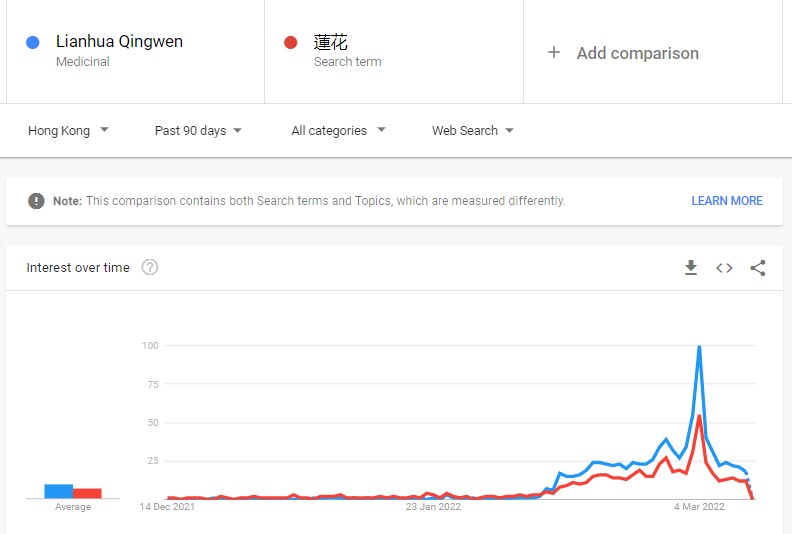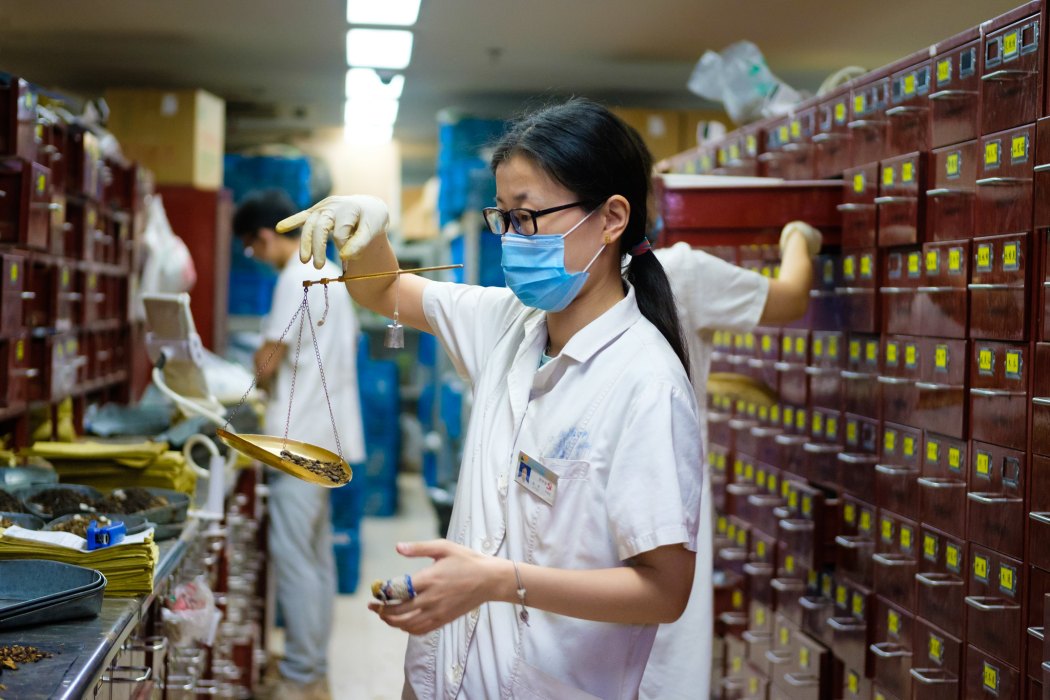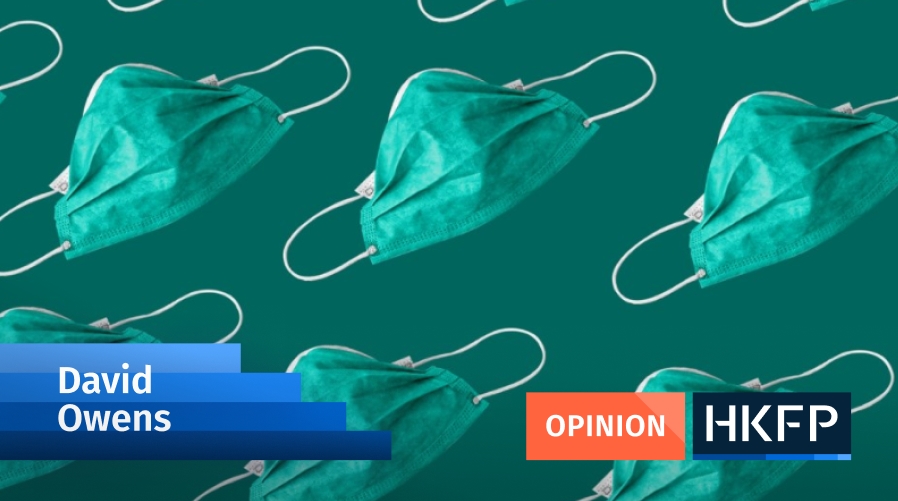A Hong Kong man has experienced acute liver failure after reportedly consuming painkillers and a popular traditional Chinese medicine promoted by the central government as an over-the-counter medication effective in treating Covid-19, local media has reported.

The man in his 50s – who was not infected with Covid-19 – underwent liver transplant operations at Queen Mary Hospital on Thursday. Citing sources, Ming Pao and InMedia reported his wife as saying that he had taken painkillers and Lianhua Qingwen capsules before he was sent to the hospital.
The patient had a history of hepatitis B, a viral disease that affects the liver. He had lost consciousness by the time he was sent to hospital and medics were unable to verify the medication he had consumed. The source told the two media outlets that there was thus far insufficient evidence to prove that his condition had been caused by the medication he took.
When asked about the patient by InMedia during Monday’s Covid-19 briefing, Hospital Authority Chief Manager Sara Ho did not respond directly but said appropriate use of traditional Chinese medicine depends on the health and medical conditions of each individual patient. Patients should consult a traditional Chinese medical practitioner prior to taking such medication, she said.

The medication – which contains a level of toxicity that can be harmful to the liver – must be taken only after medical consultation, Vincent Chung, a professor at the Chinese University of Hong Kong’s School of Chinese Medicine, told Ming Pao. Meanwhile, another doctor told the newspaper that overdosing on paracetamol can also damage the liver.
‘No scientific evidence’
Lianhua Qingwen, said to be effective in suppressing symptoms such as fever and sore throat, has been heralded by the central government as an effective treatment against Covid-19 since 2020.
Google search interest for the drug soared in Hong Kong on March 4. A major manufacturer of the drug Yiling Pharmaceuticals, which is listed in Shanghai, halted trading on Monday after its stock price surged by almost 10 per cent.
Major cities, including Shenzhen and Dongguan, went into lockdown after the discovery of dozens of Covid-19 cases, prompting fears that the mainland was bracing for an unprecedented Omicron wave after following a zero-Covid policy for almost two years.

As its demand worldwide soared, however, the drug has been banned in countries such as Australia. In November, Singaporean health authorities said the drug was not approved for treating Covid-19, and issued an advisory against misleading claims about its efficacy in treating or preventing the coronavirus.
“[T]here is no scientific evidence from randomised clinical trials to show that any herbal product, including Lianhua Qingwen products, can be used to prevent or treat COVID-19,” the advisory read.

Among Covid-19 supplies sent from the central government in Beijing to Hong Kong were some 50,000 boxes of Lianhua Qingwen pills. They were distributed for free by pro-establishment group Hong Kong Community Anti-Coronavirus Link to some 25,000 Hongkongers who registered online.
While the same product from some drug makers was previously registered as over-the-counter traditional Chinese medication in Hong Kong, those sent by Beijing were exempt from registration after Hong Kong evoked an emergency legislation to cope with the coronavirus epidemic in late February, Undersecretary for Food and Health Chui Tak-yi told lawmakers last week.
On Monday, health authorities reported 26,908 new cases and 286 more Covid-19 related deaths. Hong Kong has recorded a total of 706,877 infections and 3,993 deaths as of Sunday.
Support HKFP | Policies & Ethics | Error/typo? | Contact Us | Newsletter | Transparency & Annual Report | Apps
Help safeguard press freedom & keep HKFP free for all readers by supporting our team















